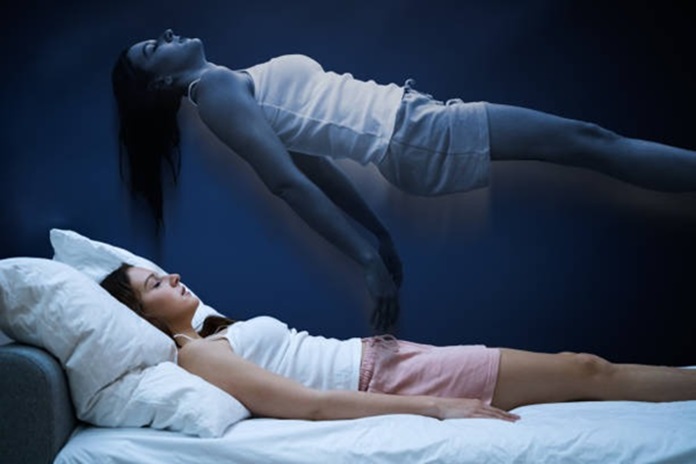Sleep paralysis occurs when there’s a temporary inability to move muscles during sleep. While it can be frightening, it doesn’t threaten your safety or health. Sleep paralysis has intrigued and scared people worldwide for many years. It usually comes with vivid dreams that feel real, making you feel stuck between being awake and asleep. While we’re not entirely sure how it happens, researchers think disrupted sleep, stress, and health issues play a role. To feel better, try reducing stress, sleeping better, and treating any other health problems you have.
Description of Sleep Paralysis: How does it feel like?
Sleep paralysis is a phenomenon that occurs when someone is either going to sleep or waking up. People experience a temporary inability to move or speak, often accompanied by a feeling of pressure on the chest and a sense of fear or dread during sleep paralysis.
This situation occurs when the body is moving between different stages of sleep and being awake. Normally, when we sleep, our body goes through rapid eye movement (REM) and non-REM sleep cycles. During REM sleep, dreaming occurs, and the body feels like a kind of paralyzed or frozen to stop us from acting out our dreams. But sometimes, a person can wake up before this freezing goes away, which causes sleep paralysis.
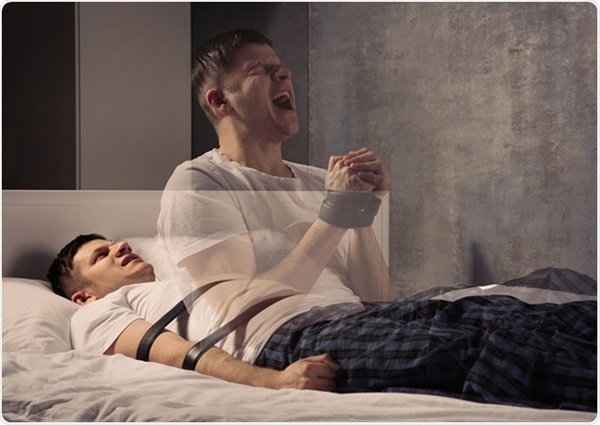
Sleep paralysis can be a frightening experience, particularly if individuals don’t know what’s going on. It’s often linked with hallucinations, where people feel like seeing or sensing something in the room with them. It can feel different for each person who experiences it, but there are some common sensations reported:
Inability to Move or Speak: The primary hallmark of sleep paralysis is the temporary incapacity to move or speak, which can induce significant unease as individuals may feel confined within their bodies.
Feeling of Pressure on the Chest: Many people describe experiencing a sensation of pressure or weight on their chest during episodes of sleep paralysis, which can impede breathing and create discomfort.
Hallucinations: Visual, auditory, or tactile distortions are commonly linked with sleep paralysis. These distortions may include seeing indistinct shapes or figures, hearing voices, or sensing physical contact from an unseen presence.
Sense of Fear or Dread: The combination of immobility, hallucinations, and chest pressure often triggers intense feelings of fear, panic, or apprehension during sleep paralysis. This emotional component can intensify the overall distress experienced during the episode.
While sleep paralysis is generally harmless and usually lasts for only a few seconds to a few minutes, it can be quite unsettling. Some factors like disrupted sleep patterns, stress, sleep deprivation, and certain sleep disorders, can increase the likelihood of experiencing sleep paralysis.
Types of Sleep Paralysis
Sleep paralysis is generally defined by temporary immobility and often coincides with hallucinatory experiences. It can be classified into two primary types based on its timing within the sleep cycle:
Hypnagogic or Predormital Sleep Paralysis: This type of sleep paralysis occurs as a person is falling asleep, usually during the transition from wakefulness to sleep. People may experience sensations of heaviness or pressure on the chest, along with visual, auditory, or tactile hallucinations. Hypnagogic sleep paralysis is often associated with vivid dreams or hypnagogic hallucinations.
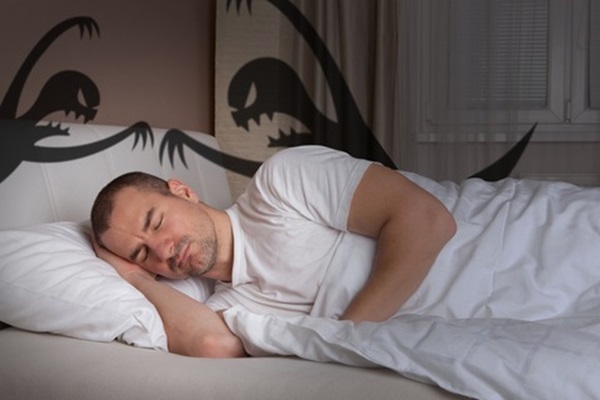
Hypnopompic or Postdormital Sleep Paralysis: Hypnopompic sleep paralysis occurs as a person wakes up from sleep, usually during the transition from sleep to wakefulness. Similar to hypnagogic sleep paralysis, individuals may experience temporary paralysis, hallucinations, and feelings of fear or dread. These episodes can be particularly unsettling as individuals become aware of their surroundings but are unable to move or speak.
Cultural and Spiritual Interpretations of Sleep Paralysis
Sleep paralysis is perceived differently across diverse spiritual and cultural beliefs. Some view it as a malevolent force targeting individuals, while others see it as a sign of spiritual awakening.
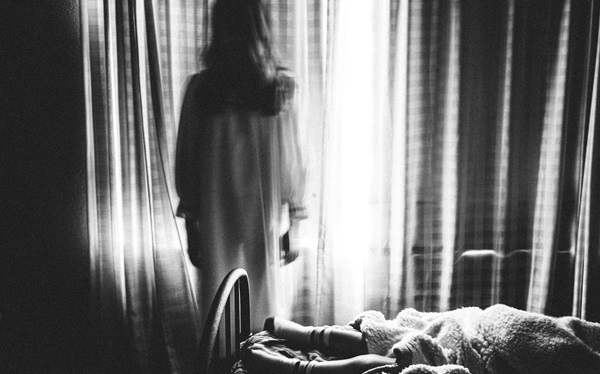
Some spiritual traditions interpret sleep paralysis as a precursor to out-of-body experiences or astral projection. It is believed that during episodes of paralysis, the soul temporarily separates from the physical body, allowing for exploration of other realms or dimensions.
Moreover, It may also hold symbolic meanings within spiritual contexts. It is taken as a symbolic journey or initiation process, where individuals confront their deepest fears or inner demons in order to achieve spiritual growth and transformation.
Also read, Positioned for Perfection: Discovering the Best Sleeping Positions for Quality Rest
Causes of Sleep paralysis
Sleep Disorders
Sleep disorders and other sleep-related issues have shown some significant associations with isolated sleep paralysis. Individuals with obstructive sleep apnea (OSA), a condition characterized by recurrent interruptions in breathing during sleep, have reported elevated occurrences of sleep paralysis, with rates as high as 38% in certain studies.
Moreover, people with chronic insomnia, circadian rhythm disruptions, and nocturnal leg cramps are more likely to experience sleep paralysis.
Narcolepsy
Repeated occurrences of sleep paralysis over an extended duration could be linked to narcolepsy. Narcolepsy can disrupt the function of neurotransmitters in the brain, potentially leading to complications during REM sleep, such as episodes of sleep paralysis.
Only 20 percent of the general population experience infrequent sleep paralysis while other individuals with narcolepsy tend to experience these episodes more frequently. If you have the symptoms of narcolepsy, such as sudden and uncontrollable episodes of falling asleep at inappropriate moments, excessive daytime drowsiness, or muscle weakness, it’s advisable to consult a healthcare professional for further evaluation and guidance.
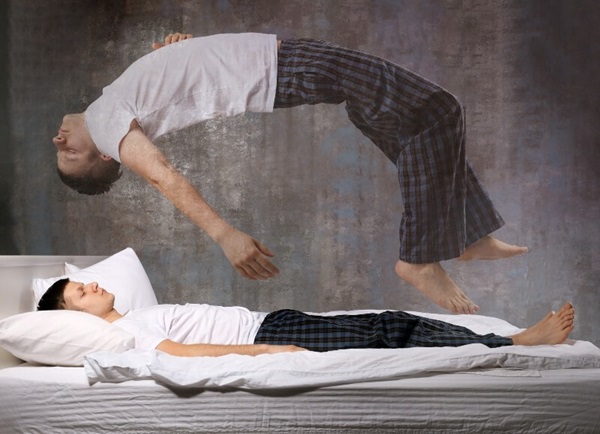
Stress and anxiety
Psychological factors have a substantial impact on initiating or worsening sleep paralysis. Elevated levels of stress and anxiety can disturb regular sleep patterns and heighten susceptibility to experiencing sleep paralysis. Emotional strain can further amplify the frequency and severity of episodes.
Irregular sleep schedules
Inconsistent sleep routines, such as frequent changes in sleep timings or shift work, can disrupt the natural rhythm of the body’s internal clock. This disruption can lead to disturbances in sleep cycles and an increased risk of sleep paralysis.
Substance use
Certain substances, such as alcohol, drugs, or medications, have the potential to disrupt sleep patterns and heighten the risk of experiencing sleep paralysis. These substances can exacerbate pre-existing sleep disorders and play a role in triggering episodes of sleep paralysis.
Treatment for Sleep Paralysis
In general, there isn’t much scientific proof about what works best to treat sleep paralysis. Many people don’t know it’s pretty common, so they might feel embarrassed when it happens. That’s why, acknowledgment and normalization of their symptoms can be helpful to a doctor.
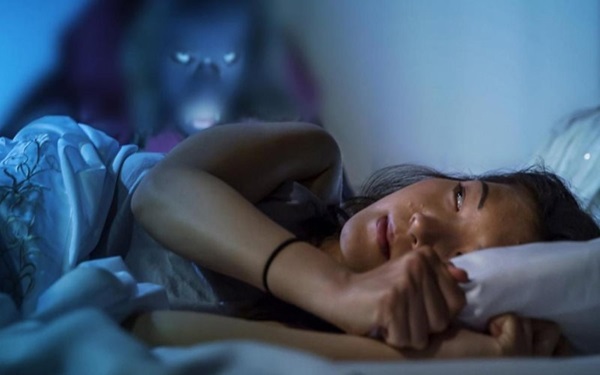
Improving sleeping hygiene is often recommended to prevent sleep paralysis since it’s associated with other sleep issues. If you’re If you’re experiencing sleep paralysis, consider talking to a doctor. They can help figure out any underlying issues that might be making the episodes happen more often or worse.
Here are some tips you can apply to reduce sleep paralysis,
Stress Reduction Techniques: Reducing stress by practicing mindfulness meditation, deep breathing exercises, and stress management strategies can help alleviate anxiety and stress, which are often triggers for sleep paralysis.
Therapy: Cognitive-behavioral therapy (CBT) or other forms of psychotherapy may help address psychological factors contributing to sleep paralysis, such as anxiety or trauma.
Stick to a regular schedule: Try to go to bed and wake up at the same time every day, even on weekends. Maintaining a calming bedtime routine can make it easier to unwind and feel relaxed before going to sleep.
Medications: In some cases, medications such as antidepressants or anti-anxiety medications may be prescribed to manage symptoms associated with sleep paralysis or underlying sleep disorders.
Frequently Asked Question
Is sleep paralysis dangerous?
Sleep paralysis itself is not dangerous, but it can be distressing and unsettling for those who experience it. However, it is not associated with any serious health risks.
Is sleep paralysis common?
Sleep paralysis is relatively common, with estimates suggesting that it affects between 7% and 40% of the population at least once in their lifetime. It is more common in adolescents and young adults.
You may also like to read, The Science Behind Postprandial Sleepiness: Causes of Feeling Sleepy After Eating
